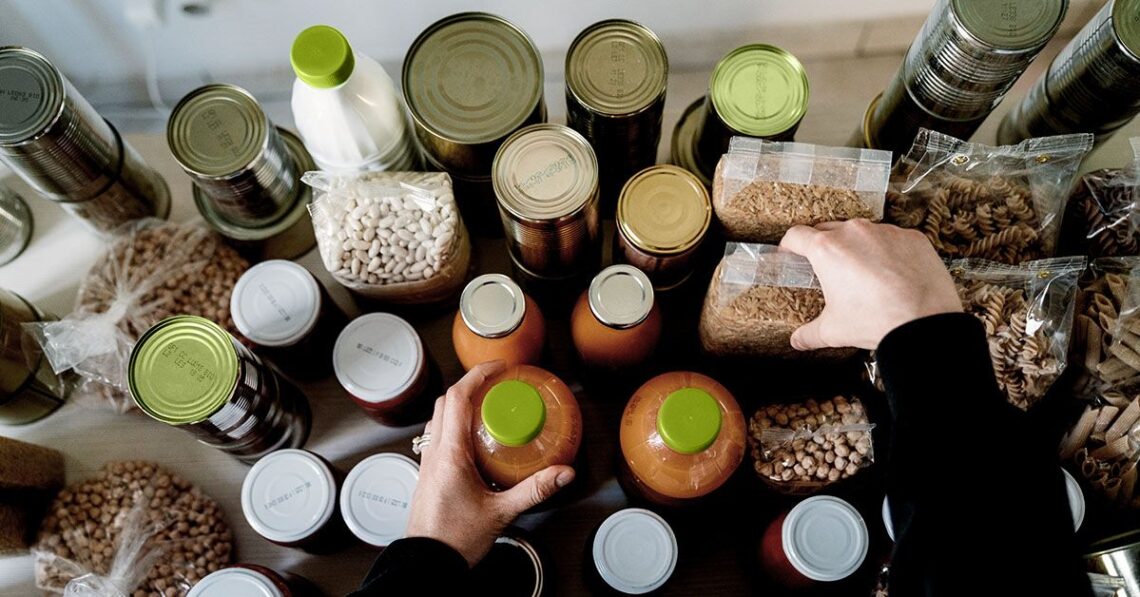- Irritable bowel syndrome (IBS) is a prevalent gastrointestinal condition, estimated to affect about one in 10 people globally.
- A new study suggests that dietary interventions may be more effective in reducing IBS symptoms than medical treatments.
- All options showed meaningful symptom improvements, but experts agree that sustained dietary changes are key to managing IBS.
A new study suggests that dietary interventions may be more effective than medication for managing symptoms of irritable bowel syndrome (IBS).
IBS is a chronic gastrointestinal condition affecting an
In a first-of-its-kind study, researchers at Sahlgrenska University Hospital in Gothenburg, Sweden, compared the effectiveness of two diet-based treatments and one pharmaceutical treatment in adults with moderate to severe IBS symptoms.
After 4 weeks, both diets and medical intervention significantly reduced symptom severity, with diets outperforming the medical option, and a low FODMAP diet combined with traditional IBS dietary advice being most effective.
A low FODMAP diet contains foods that are low in fermentable oligosaccharides, disaccharides, monosaccharides, and polyols, hence its name. This type of diet is often associated with better gastrointestinal health.
In the current study, 6 months after the diet groups had partially resumed normal eating patterns, the majority still reported clinically meaningful symptom improvement.
These findings appeared in
This single-center, single-blind, randomized controlled trial was conducted in a specialized outpatient clinic for disorders of gut-brain interactions.
The study’s 294 participants were predominantly women (82%) with an average age of 38 and moderate-to-severe IBS.
Included participants scored 175 or higher using the IBS Severity Scoring System (IBS-SSS)—measuring abdominal pain…
Read the full article here






